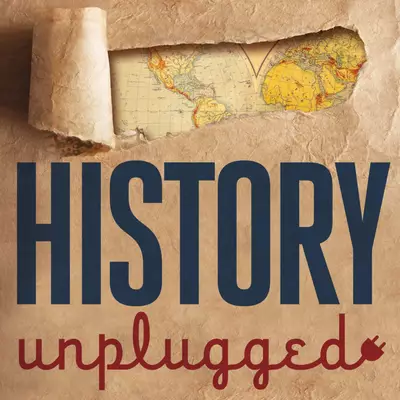Moonshining Survived (and Thrived) At Least Two Decades After Prohibition Ended
The Prohibition era (1920–1933), enacted by the 18th Amendment, birthed an overnight economy of moonshiners who distilled and distributed homemade liquor to meet America’s insatiable demand for alcohol, transforming rural farmers and opportunists into underground entrepreneurs who supplied speakeasies. But this new economy didn’t disappear after Prohibition was repealed. If anything, it became stronger, at least in the South.
Moonshining persisted due to persistent poverty, high liquor taxes, and entrenched cultural traditions in the rural South, where Bible Belt traditions meant respectable folks didn’t want themselves to be seen at bars or liquor stores. It grew in the 1940s and only disappeared when industrial distillers were able to produce spirits that undercut moonshine prices.
To explore this topic is Chris Skates, author of “Moonshine Over Georgia.” A historical fiction novel, it pulls from the harrowing, exciting, and very real stories Chris’ grandfather would tell him growing up, working as a revenue agent in Prohibition-era Georgia.
See omnystudio.com/listener for privacy information.

